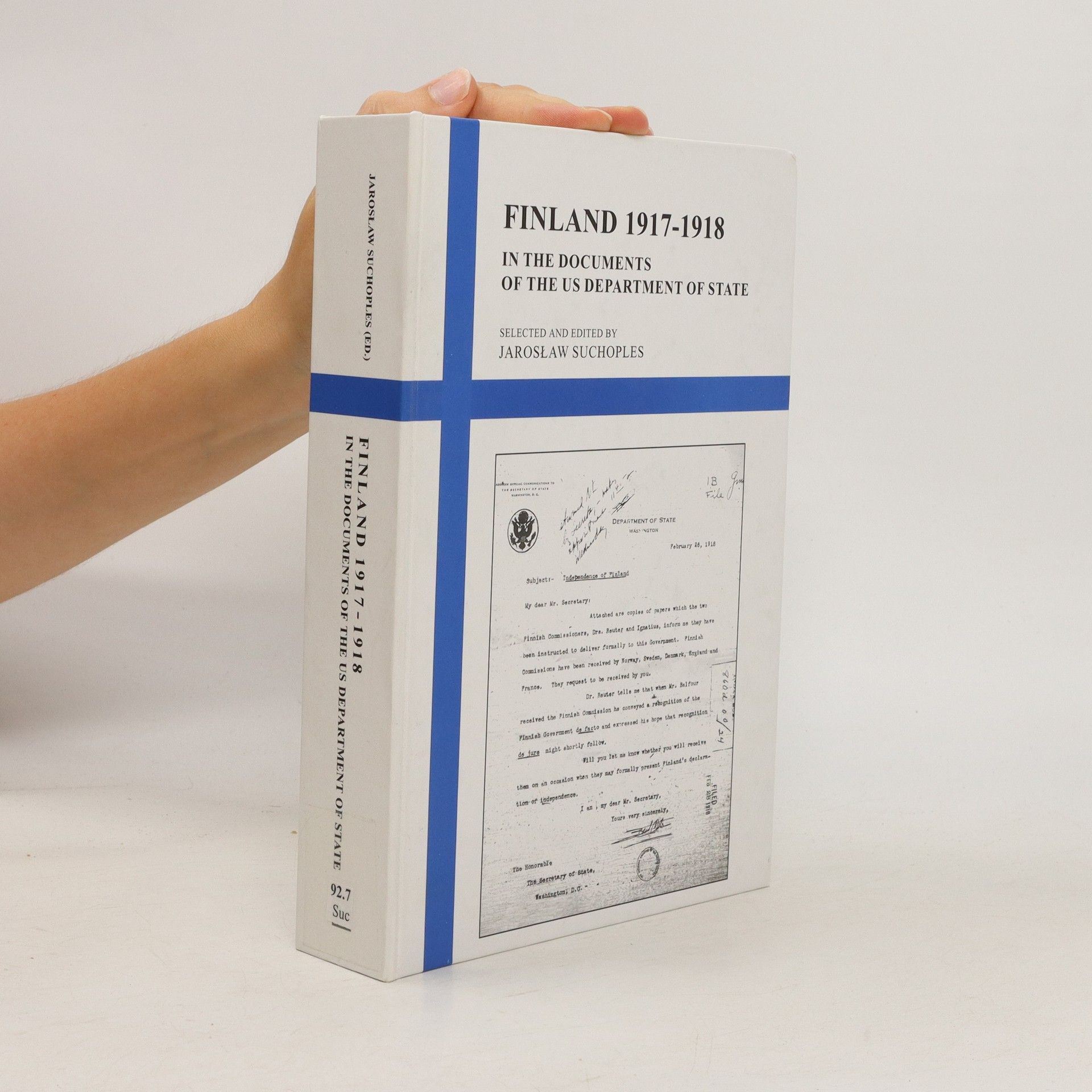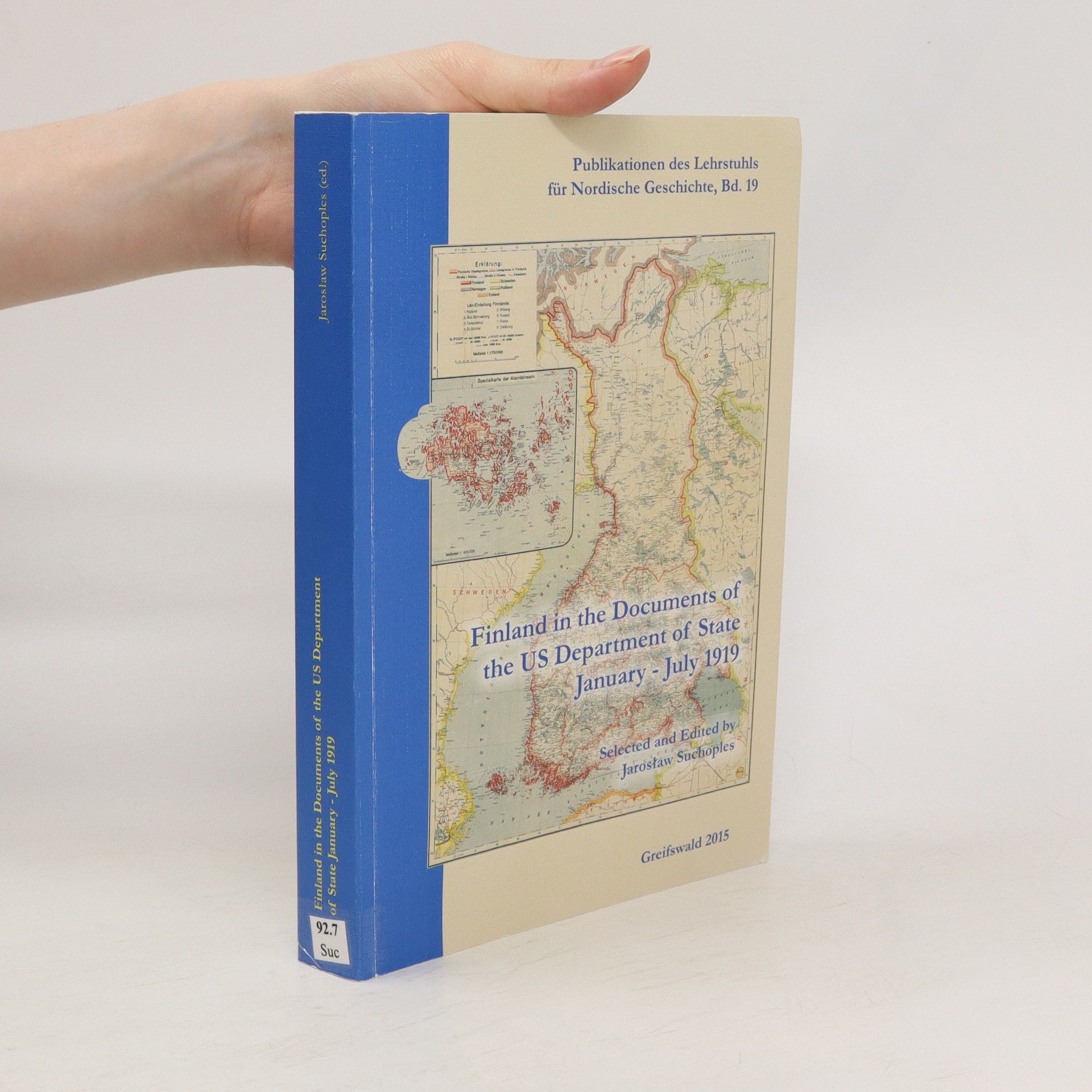Jarosław Suchoples Bücher
Jarosław Suchoples ist ein Historiker, dessen Werk sich mit der modernen europäischen Geschichte und internationalen Beziehungen beschäftigt. Seine Forschung untersucht die komplexen Dynamiken zwischen Ost und West, insbesondere in der postkommunistischen Ära. Suchoples' Ansatz zeichnet sich durch gründliche historische Untersuchung und eine analytische Perspektive auf politische und soziale Prozesse aus. Seine wissenschaftliche Arbeit beleuchtet entscheidende Momente der europäischen Integration und Transformation.


Finland 1917-1918 : in the Documents of the US Department of State
- 599 Seiten
- 21 Lesestunden